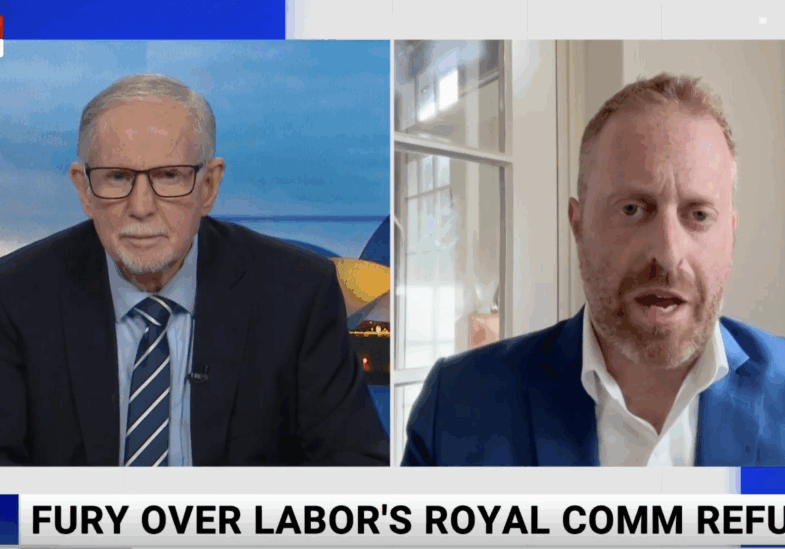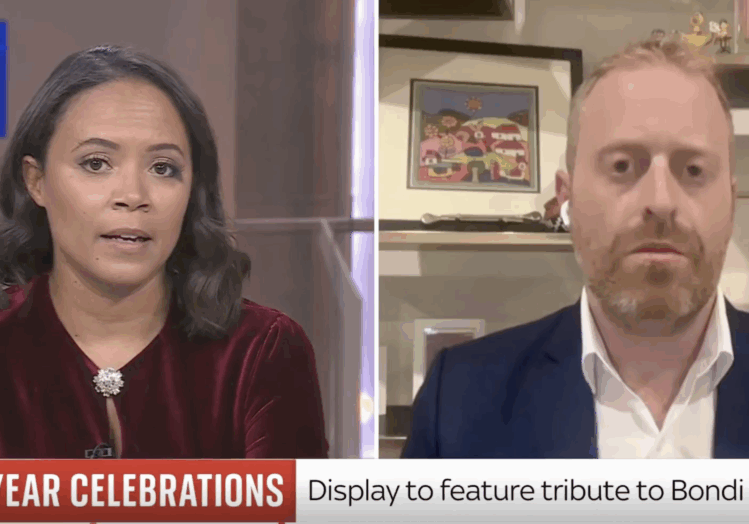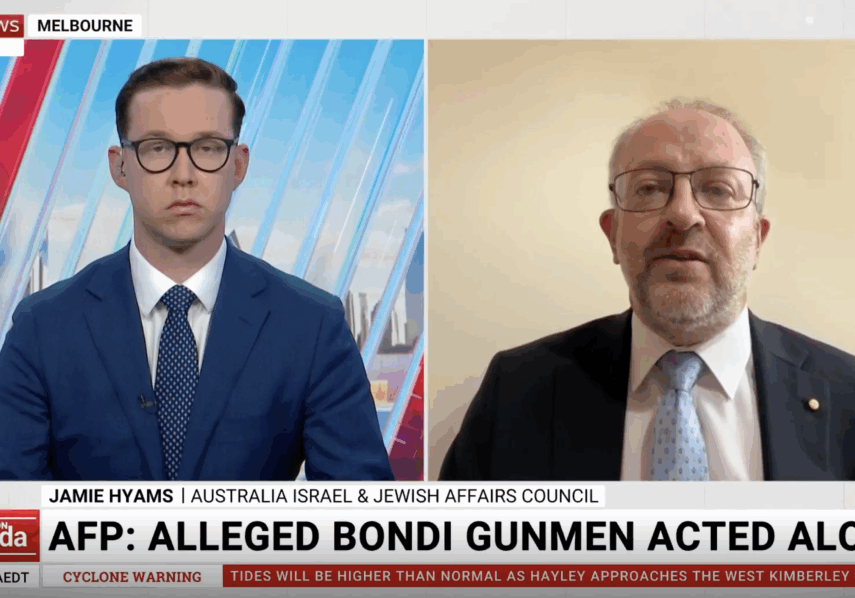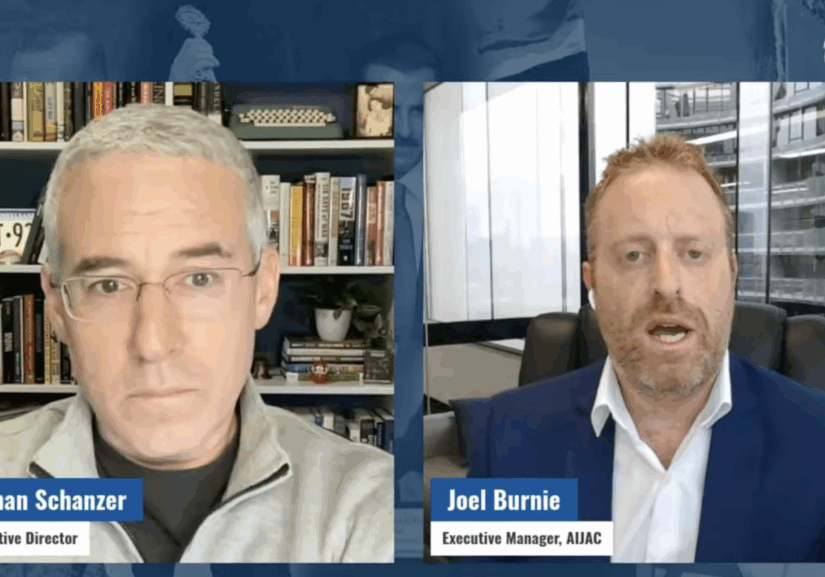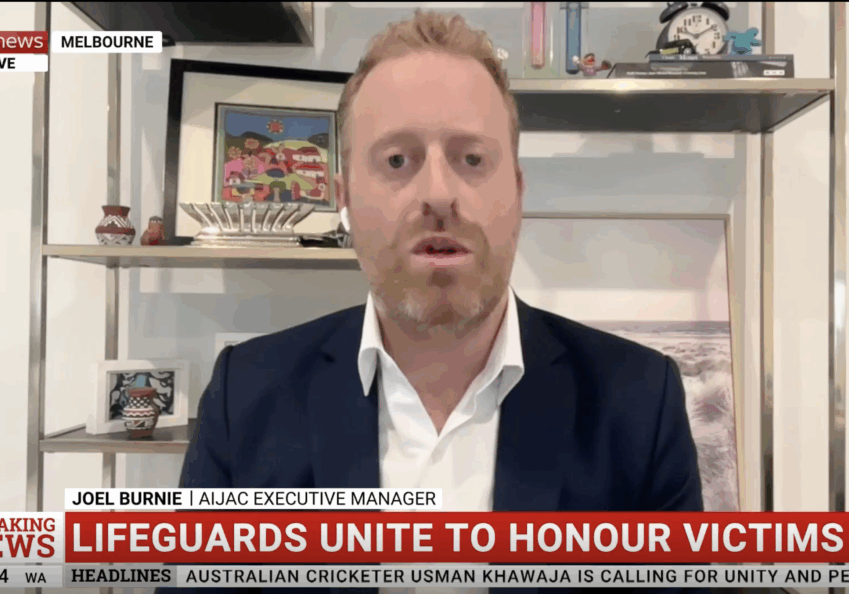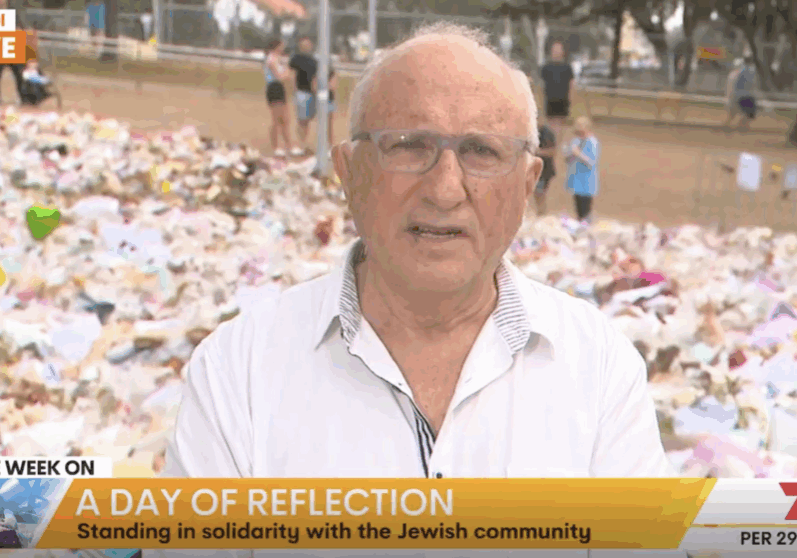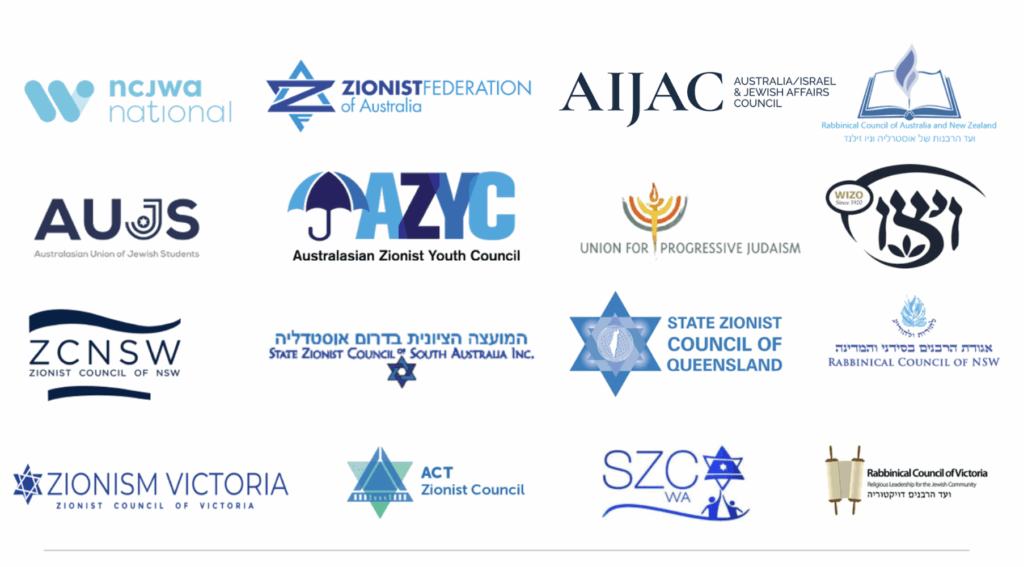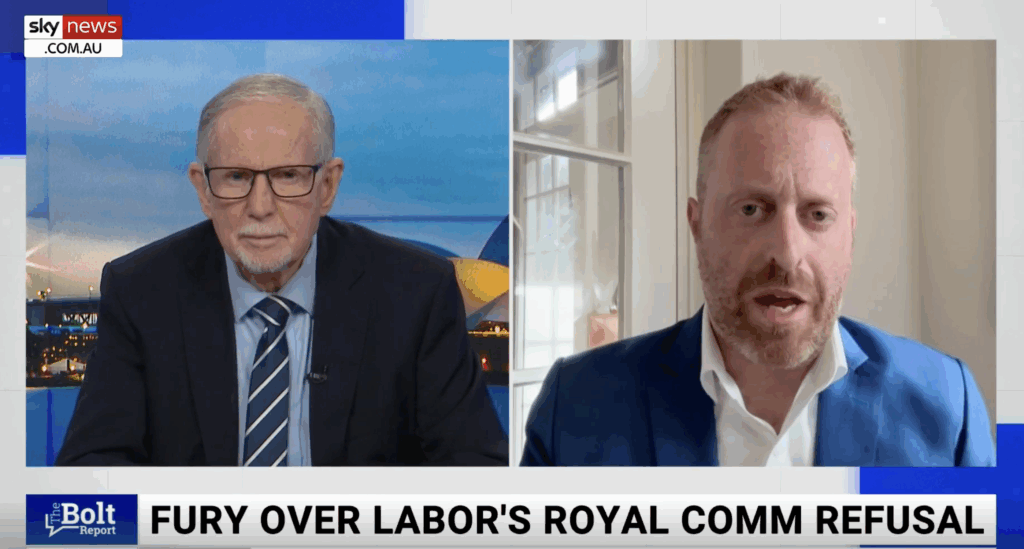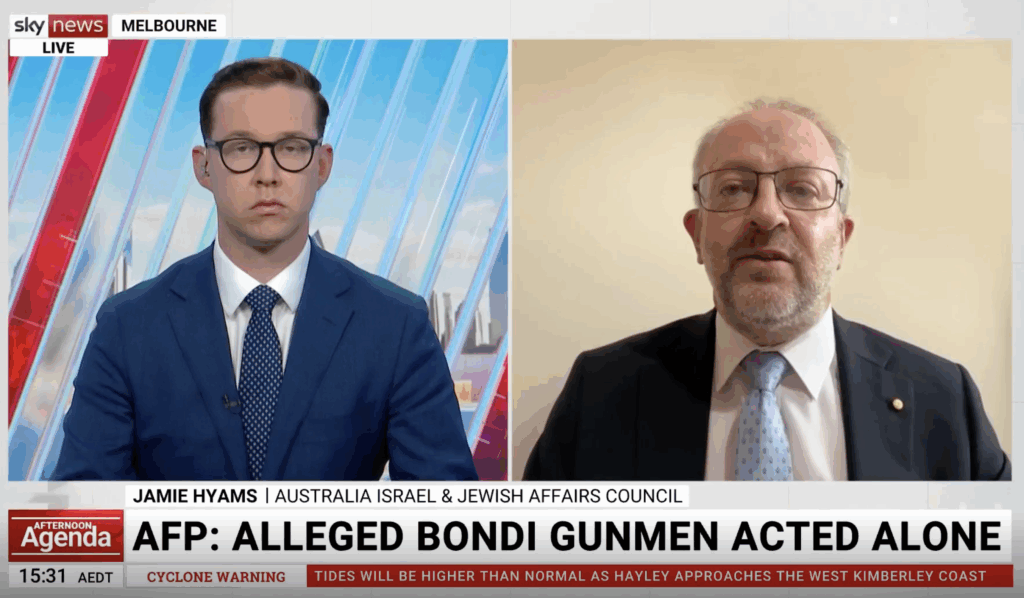FRESH AIR
Naftali Bennett’s views on Palestinian state more nuanced than reported
June 16, 2021 | Ahron Shapiro
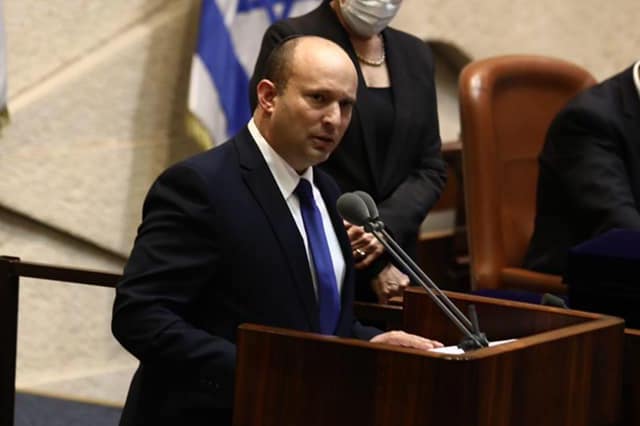
With Australians waking up on June 14 to the news that Naftali Bennett had replaced Binyamin Netanyahu as Israel’s prime minister, local news outlets were left with the task of providing Australians with a profile of Bennett, an Israeli politician who is hardly a household name here.
One of the common themes to these backgrounders and commentaries is the idea that Bennett “explicitly rejects a two-state solution to the Israeli-Palestinian conflict”, as, for example, the Australian claimed in an editorial on June 15.
Similarly, a backgrounder by the ABC’s Matt Bevan that was aired on Radio National’s “Breakfast” on June 14 used clips from an interview Naftali Bennett had with the US journalist Charlie Rose from 2013 to illustrate, as Bevan put it, “[a] vision and mission, though, [that] absolutely does not include a Palestinian state inside of Israel, even though that was the policy of the Netanyahu government that he was part of.”
There’s no dispute that’s exactly what Bennett said to Rose in 2013.
Yet there is evidence that, since that time, Bennett’s views have become more nuanced on the issue of a Palestinian state. He is still not exactly a supporter, but Bennett has strongly implied on more than one occasion that he could agree to a Palestinian state if certain preconditions were met.
Bevan’s story also quotes Bennett acknowledging to Rose that he was elected into a government that did have a Palestinian state as a policy, and saying that if there was a referendum, and the public favoured such a state, he wouldn’t stand in the way. In addition to the Rose quotes, Bevan also makes use of an unidentified clip of Bennett criticising the Trump peace plan, presumably from around the time it was unveiled early last year. And indeed, in the Jerusalem Post on May 11, 2020, Bennett was quoted as saying about the Trump plan “I will oppose anything that allows for acceptance or recognition of a Palestinian state.”
While Bennett’s words may have seemed unambiguous and absolute, additional source materials show they were actually based on concerns Bennett had about the Trump plan leading to recognition of a Palestinian state prematurely – without addressing the character of that state, the security implications and other potential pitfalls that could be a consequence of that move. It was not intended to be a rigid statement that closed the door on further discussion.
Bennett expressed concern that launching a half-baked Palestinian state before comprehensive safeguards are in place could have grave and lasting consequences if things go terribly wrong down the line.
“Support for Palestinian statehood ‘is a point of no return,’” the Jerusalem Post story quoted then-defence minister Bennett warning. “One can’t recognize and then un-recognize Palestinian statehood. It’s like un-cooking scrambled eggs,” he added in remarks to reporters, again implying that the issue was not conceding such statehood yet.
Bennett’s press conference was followed up the following day by an op-ed he wrote, published in Newsweek titled “What It Will Take for Israel’s Right to Support the Trump Peace Plan”. Tellingly, Bennett did not reject the Trump plan outright for proposing the creation of a Palestinian state – as one would have expected had he truly been opposed to a Palestinian state on ideological grounds. Rather, he expressed concern about the vulnerabilities in the plan which needed to be addressed. Citing the ways the Palestinians have violated the terms of the Oslo Accords, such as by pursuing statehood recognition in international bodies and mounting a campaign against Israel at the International Criminal Court, he wrote “As with any deal, the devil is in the details—and their enforcement.”
Bennett did not insist or even suggest the US abandon support for creating a Palestinian state, but rather make sure it meets certain conditions before it is recognised. Rather, he wrote: “[The US] must commit to not recognizing a Palestinian state – and to preventing others from recognizing such a state – before all of the conditions outlined in the plan are satisfied to both American and Israeli satisfaction.”
All in all, Bennett’s views on Palestinian statehood have clearly become more nuanced in recent years – his opposition now based solely on practical matters of whether solutions can be found to problems that might arise from the creation of a Palestinian state.
Even before the Trump plan was released, in February 2019, Bennett published a two-and-a-half minute video, in Hebrew, on his Facebook page titled “A Palestinian state is a disaster” that despite its name hinted statehood could be possible if certain conditions were met. In the video, he is asked what future he envisioned for the Palestinians and he said they should be encouraged to take care of their own affairs, but his two red lines for any conflict resolution were:
- That the Palestinians would not be given the ability to build an army; and
- That the Palestinians would not be allowed unlimited immigration into their state.
On the second point, Bennett gave the following scenario that worried him, likely as a result of his observations of the Hamas-organised Gaza “March of Return” border protests that Israel had been dealing with around that time.
Let’s say a deal is made, Bennett said, “Israel makes concessions on the West Bank, splits Jerusalem, and the Palestinians bring millions of refugees into that state. They will start demonstrating at the border between the West Bank and Israel, demanding to “Go home”, building tunnels… Do you think the Europeans will back Israel?… The demographic balance of the land of Israel will be swung to favour the Palestinians and it will be irreversible.”
In conclusion, while Bennett has indeed expressed blanket opposition to a Palestinian state in the past, today, his objections to a Palestinian state are based on the potential problems posed by that state if not effectively addressed. If solutions can be found for these challenges, and implementation and enforcement of the agreements can be assured, in principle, Bennett has made it clear he would have no further objections to such a state.
Of course, while it was agreed Bennett will be PM for two years under the coalition agreements, his Yamina party is at the extreme conservative end of the very ideologically diverse new Israeli government just formed. All other parties in the governing coalition will be more open to the idea of a Palestinian state than he is, and certainly more open to a peace agreement that would involve the removal of isolated settlements, a move which Bennett, like Netanyahu before him, opposes. While there is no agreement between the new coalition’s parties on the preconditions for such a state coming about, it would be fair to describe the entire government as either supportive of, or at least open to, a two-state resolution with the Palestinians.
Photo credit: Naftali Bennett’s Facebook account













